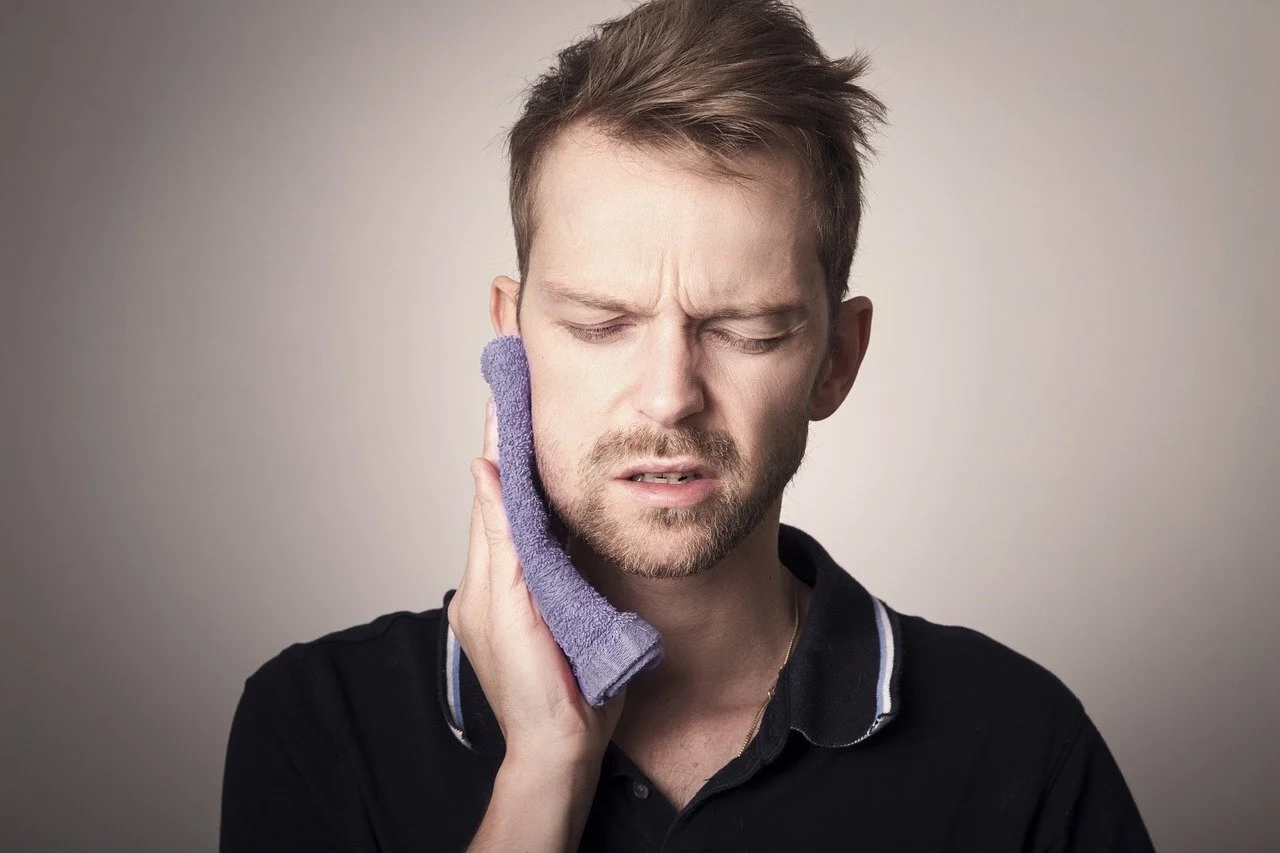“Why Does My Jaw Get Stuck Sometimes?”
By: Dr. Amy See
You’re feeling tired, and you know a yawn is working its way out. As your mouth opens involuntarily and the yawn escapes, you wait for your jaw to slowly close shut. But it doesn’t. It’s stuck. It’s scary. It’s painful. At my Rolesville dental office, we know just how terrifying this can be, especially if it’s never happened before. We’d like to give you some advice on what to do if it happens again and also educate you on what may have caused it in the first place.
WHY DOES IT HAPPEN?
There a few possible explanations to what causes the jaw to feel locked. First, your bite may be placing unnecessary pressure on facial, neck, and jaw muscles. When the top teeth don’t line up with the bottom teeth the way they’re supposed to (malocclusion), nearby muscles can become irritated, inflamed, and tight. This makes them unable to function properly and results in the locking sensation.
Your jaw itself may also be causing the problem. The anatomy of the jaw includes not only the bone and muscles, but also cartilage that keeps the jaw bone from rubbing against the skull. Sometimes this cartilage becomes damaged either because of an accident or, more often, as a result of clenching or grinding. Once damaged, it can slip over the bone blocking the hinge joint from functioning.
WHAT TO DO WHEN IT HAPPENS
There are several things you can try to relax the joint and get some relief.
Apply heat to loosen muscles
Take an anti-inflammatory medication to reduce the swelling
Consider an appliance to limit the damage caused by grinding, like a nightguard
Lower stress levels to minimize clenching
If this is an ongoing problem for you, see your Rolesville dentist.
SIGNS & SYMPTOMS
While symptoms can differ from person to person, and not everyone experiences jaw lock, there are a few common signs you should be aware of.
Pain while chewing, yawning, or opening your mouth
Earaches or headaches
Clicking/popping sensation or sound when opening and closing your mouth
You don’t need to live in fear of worrying if the next yawn or the next meal is going to cause your jaw to get stuck. There are ways to help. Call us to schedule an appointment. We’ll discuss some of the symptoms you’re having, how often you experience them, and evaluate your jaw for any problems. After we’re able to diagnose the situation, we’ll work with you to determine the best treatment plan for you.
